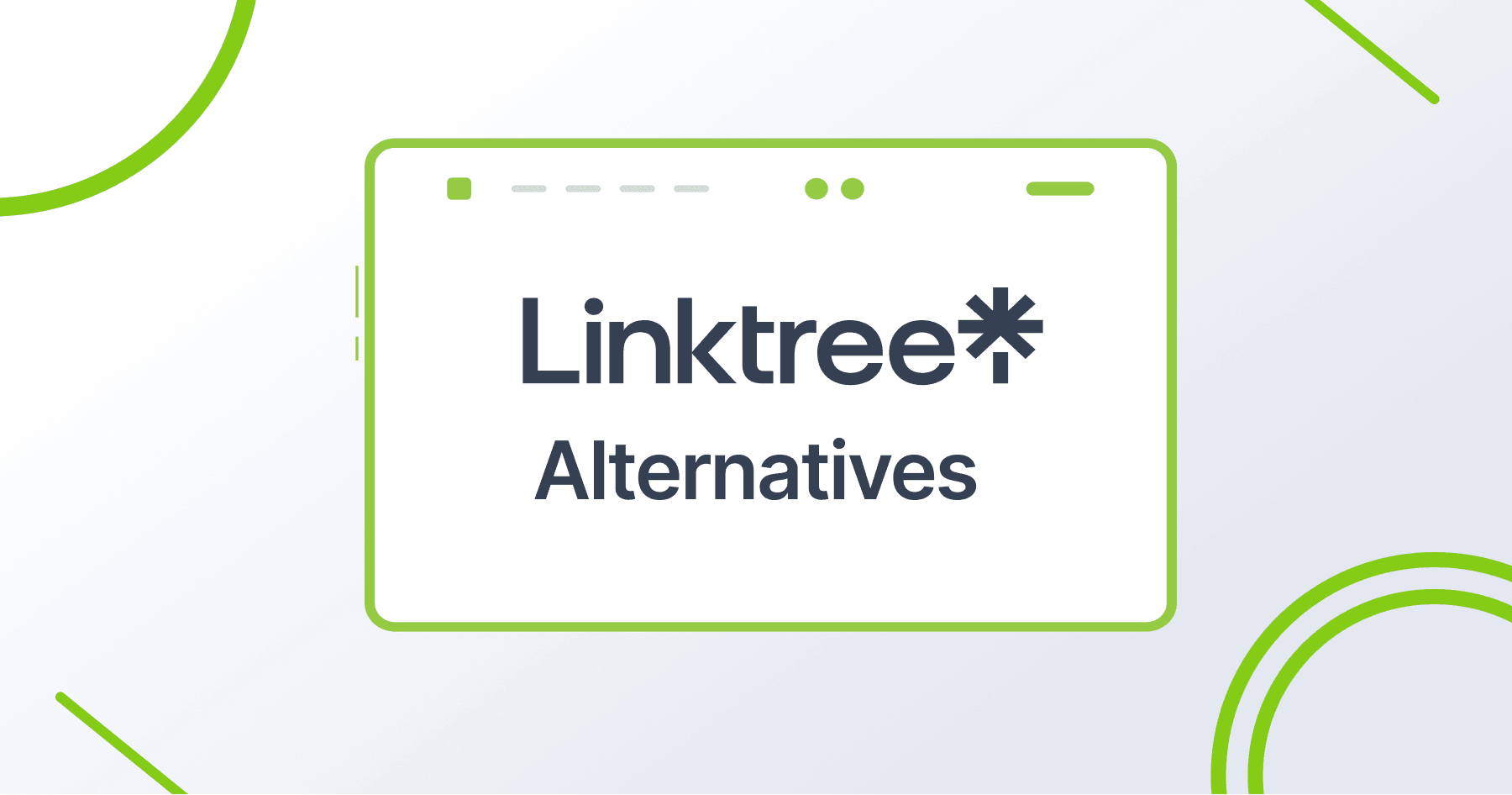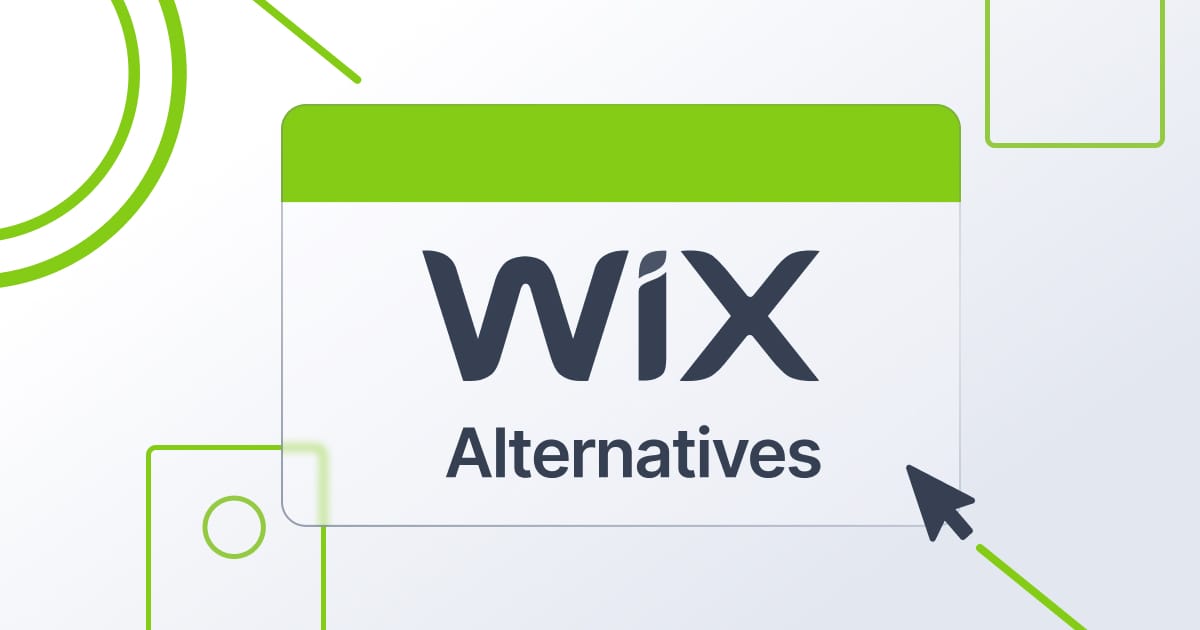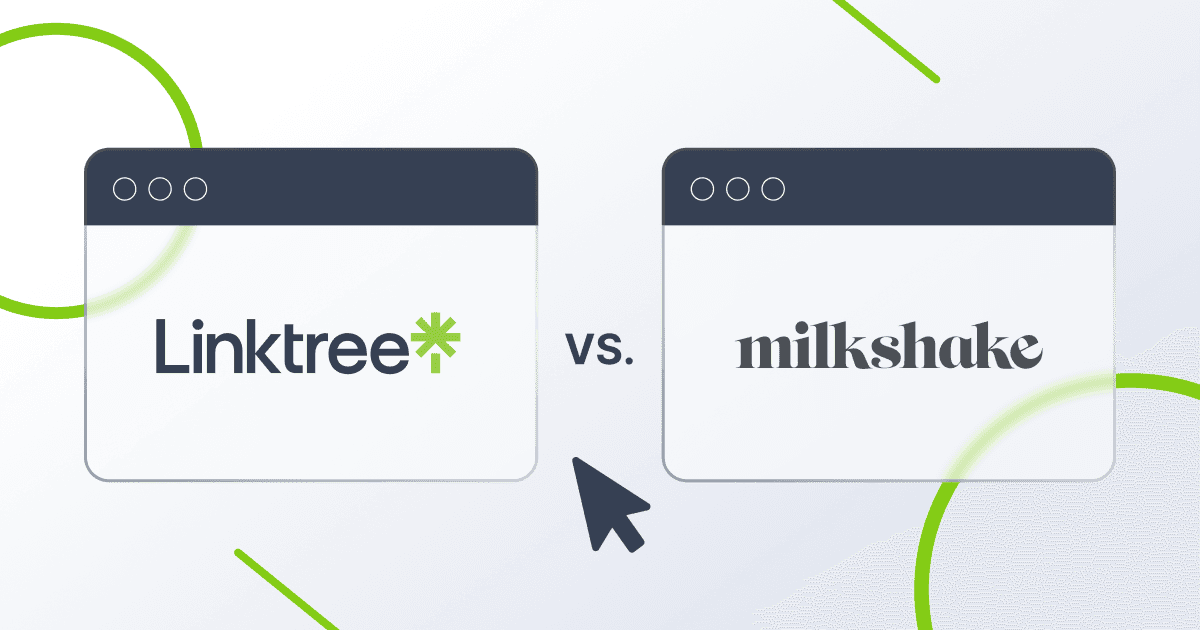WordPress vs Shopify: Discover Which Platform Is Right For You

Table of Contents
A landing page is the shop window of your website, and although we’re told not to judge a book by its cover, the simple fact is we do! And with so much content available, the risk of ending up in the bargain bin is astronomical.
Thankfully, website applications like Limey can get your voice heard in a single click. But how does it measure up against the likes of WordPress and Shopify? Simply put, it all depends on your goal. Let’s look at the platform best suited for your outreach needs.
WordPress Vs Shopify Vs Limey: Key Differences
- Limey’s customizable Bio Link pages connect to all your relevant content via a single link, so audiences can easily pick and choose where to go.
Shopify is an all-in-one ecommerce website builder that sells products online. Whereas WordPress content management system (CMS) lets you create any site you want, from influencer blogs to online sales.
- Limey makes it easy for you to manage all your form submissions from one place, whether it’s email notifications or individual leads. WordPress and its generous array of features means UI and coding experience could be required to utilize the platform.
Shopify ecommerce features are built-in, so no previous coding experience is needed.
- Unlike WordPress or Shopify, users don’t need a website to enjoy Limey. Limey generates a unique link that acts as a micro-website that can be shared. Additionally, it’s yours to keep forever, so there’s no monthly payments.
What is WordPress?
The main selling point of WordPress is its versatility. As mentioned earlier, with the right tools and experience, WordPress possibilities are endless.
It’s easy to add various plugins and themes to improve your website’s capabilities, including multiple ecommerce features. It’s one of the main reasons WordPress accounts for 43.2 percent of all websites on the internet.
WordPress Key Services
- Total customization – with advanced levels of coding and over 54,000 plugins, WordPress boasts unlimited functionality.
- SEO-friendly site – WordPress is built with search engines and SEO in mind. With the ability to add online forums and video channels to your site, engagement levels rise with every click.
- Regular automatic updates – as the digital landscape grows, the need for updates increases. Thankfully, WordPress continually updates its platform to stay on track.
WordPress Pricing
There’s a common online misconception that WordPress is free, but this couldn’t be further from the truth. Even though its CMS software costs nothing, you will need to pay to improve functionality.
Not only will you have to pay for ecommerce integration (tools that let you sell products online); templates and various plugins require a fee as well. Additionally, WordPress hosting is a feature you’ll always have to pay for.
Pros & Cons
Pros:
- With thousands of themes to choose from, customizability is endless.
- Plugins enable you to sell items directly from your blog posts.
- With countless WordPress plugins available, you’ll find what you’re looking for in a flash.
Cons:
- With so many moving parts, utilizing its full potential is demanding.
- The varying pricing models are costly.
- Security depends on your hosting provider.
What is Shopify?
One of the leading competitors to WordPress is Shopify. The platform is used by millions worldwide and prides itself on its ease of use. While the two share similarities, they differ in their services.
Whereas WordPress is versatile in its functionality, Shopify is an ecommerce-focused tool. Shopify is designed for users to build and launch their online stores. Its intuitive CMS supports online sales so you can say goodbye to plugins.
Shopify Key Services
- Minimal effort needed – Shopify’s quick-start online store design wizard means users can build, launch, and run ecommerce sites without any technical skills.
- Built-in payments – as its purpose-built for ecommerce websites, payment systems are built-in along with inventory and product data management tools.
- There’s no need to pay for hosting – everything runs on Shopify servers, so web hosting or software installation isn’t required. It’s ready to use straight out of the box.
Shopify Pricing
Shopify has five pricing plans and offers a free trial which you access here. The pricing plans vary according to your requirements, including the number of users who have access and transaction and credit card fees.
Shopify Plus pricing plans target larger organizations starting at $2,000/month. This plan incorporates task automation, support, and APIs. But if you’re looking to sell products through social and messaging apps, Shopify starter accounts are $5/month.
Pros & Cons
Pros:
- Build and run an ecommerce store without coding knowledge.
- Purpose-built for ecommerce sites – built-in payments and inventory management.
- Social selling on Instagram and Facebook.
Cons:
- Changing your theme means reforming your content.
- Depending on your business, monthly costs can be expensive.
- Limited to ecommerce; content creation capabilities are minimal.
What is Limey?
If you’re debating between WordPress or Shopify as your website builder, you should ask yourself one simple question: what type of website is best for you? Is an extensive website necessary for your business needs? Or would something simpler do the trick?
Running a website takes commitment, and it’s a shame for all of the content you’ve created via social media to go to waste, that’s where Limey comes into play.
For users who have already built a brand through digital content, Limey assembles your social media accounts and content links on one crystal-clear page, with clickable links to take users where they want to go.
Additionally, Limey lets you craft customizable landing pages within minutes. With the option to add links to your digital library, users have access to your social media, websites, and newsletters. Basically, anything you want them to see.
Not only that, but you can add your Limey link to social bios and websites, making your online portfolio easy to find.
Think about it. Users click on links every second of the day. And with over half of the world using social media (a whopping 59 percent!), you have all the tools you need to reach a wider audience.
Limey Key Services
- Connect all of your content – Limey provides customizable Bio Link pages that lists your digital content in a clear manner. Think of it like having a portfolio of your best work for all to see.
- Manage your leads in one place – Limey lets you capture, export, and delete leads all from a single page. There’s no need to share your email. Limey’s built-in contact form takes care of that for you. You can also receive email notifications.
- No need for a website – instead of spending your precious time building a website, Limey acts as your own micro-website that you can share. The digital tool generates a unique link that is yours to keep. And with customizability options, you can tailor your page to fit your brand.
Limey Pricing
Pricing is where Limey shines. Its free tier allows you to create up to three pages for free, and they’re yours to keep!
If you want other upgrades like removing Limey branding, extra form submissions, or custom domains, it’s yours for a little extra per month.
Pros
- Your social media and online links are all in one place, so your digital library is super easy to find.
- Limey’s free tier means you can start your journey straight away!
- Limey acts as your micro-website, so there’s no need to go through the hassle of building a website.
Why Should You Switch to Limey?
Even though WordPress and Shopify offer more functionality, to fully utilize both costs time and money. Limey on the other hand takes minutes. And with its compatible design and direct layout, users don’t have to delve through layers of filler to find what they want.
To put it in a nutshell, Limey gets your voice heard via simplicity. There’s no need for the bells and whistles of demanding websites, especially when you have all the content you need waiting to be seen.
Share
Related posts
More PostsStay in the loop.
Get notified when we release a new feature or blog post.


